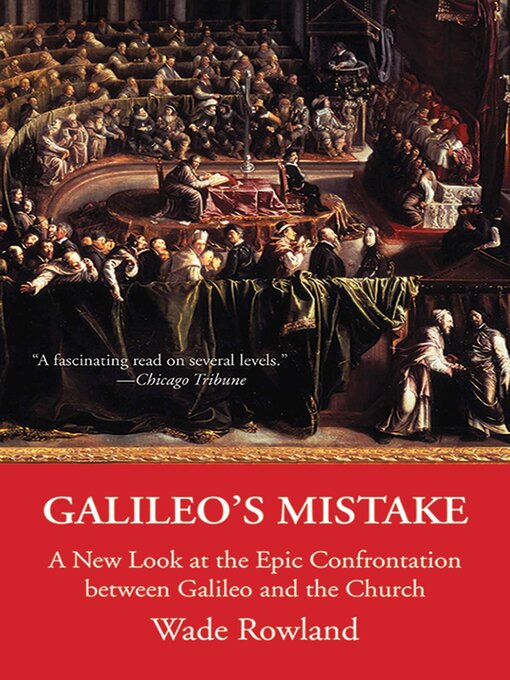- Available now
- New eBook additions
- New kids additions
- New teen additions
- Try something different
- See all ebooks collections
- GraphicAudio -- a movie in your mind!
- Available now
- New audiobook additions
- New kids additions
- New teen additions
- Try something different
- See all audiobooks collections
- Hobbies & Crafts
- Home & Garden
- Lifestyle
- Newly Added
- Fashion
- Spanish Magazines
- Sports
- Cars & Motorcycles
- Russian Magazines
- Health & Fitness
- Kids & Teens Magazines
- See all magazines collections

